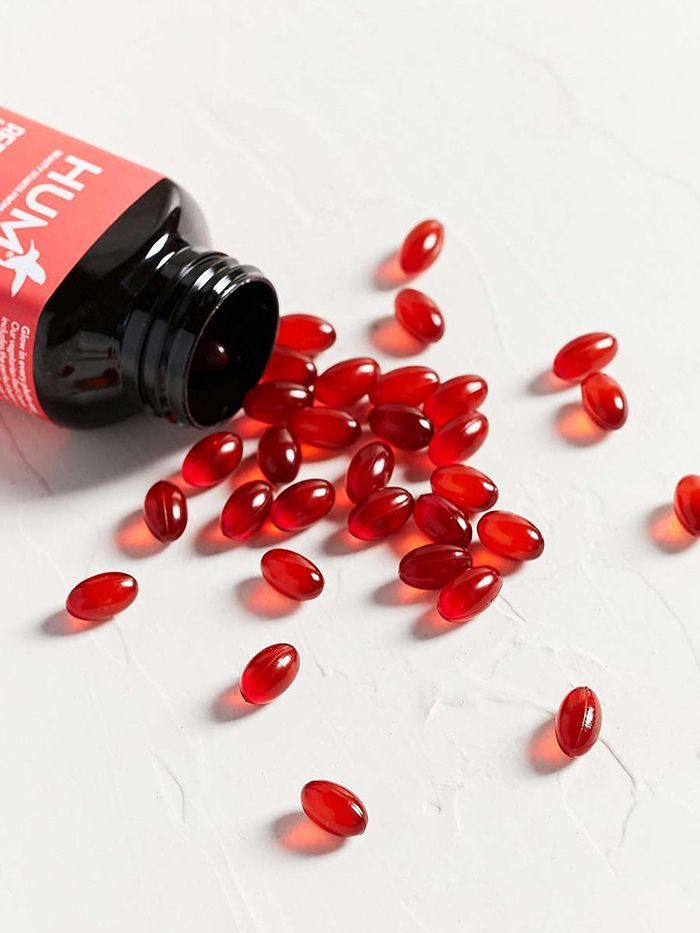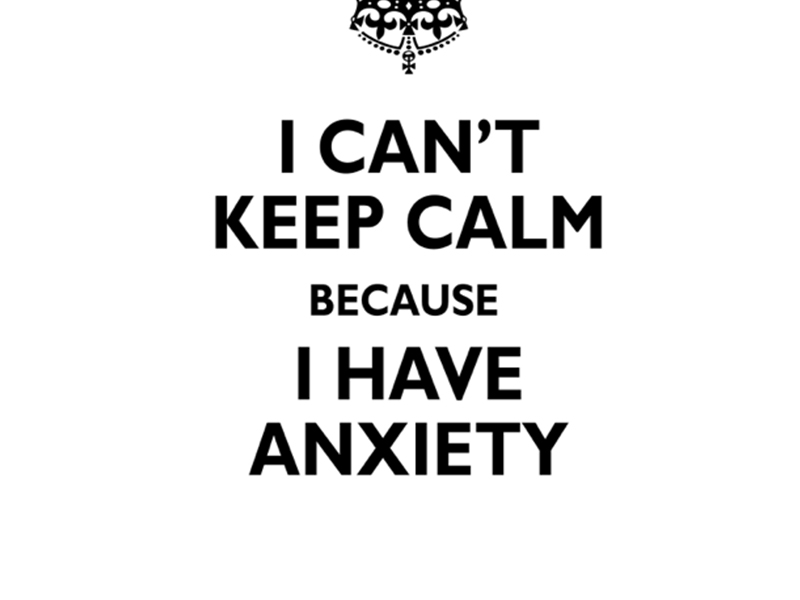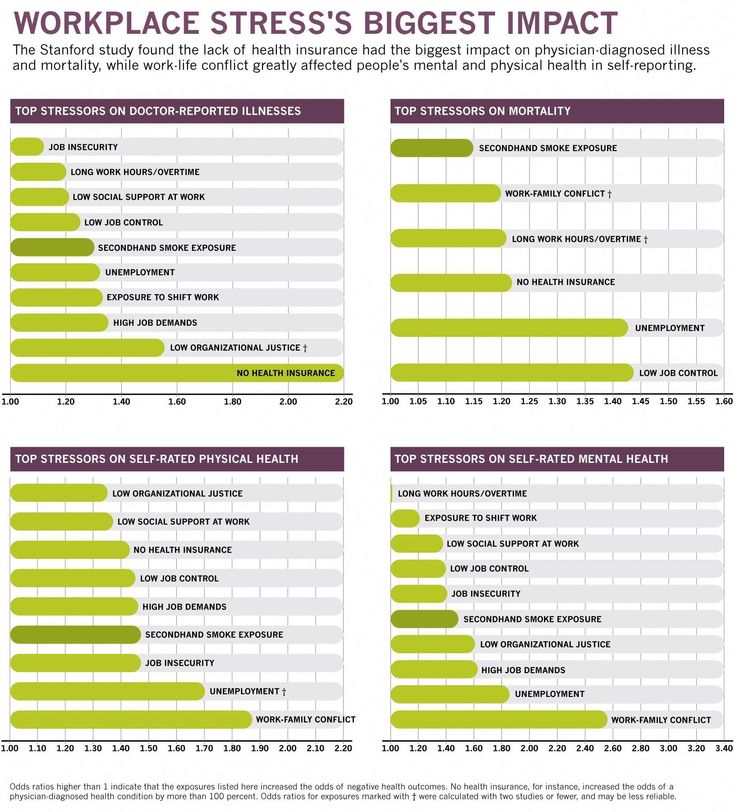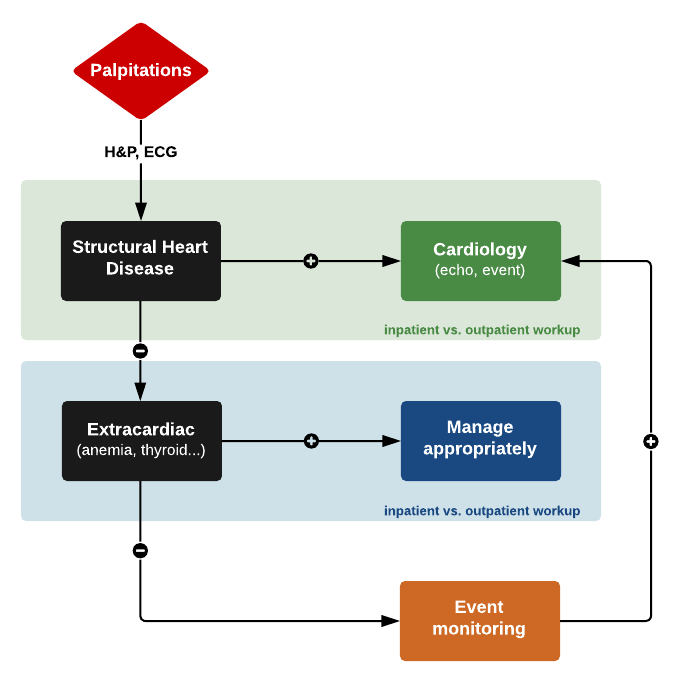Vitamins for irritability
Vitamins and Your Mental Health
Taking vitamin supplements has long been recognized as a great way to improve your physical health. After all, even if you eat a healthy diet full of nutrient-dense foods, there are still some vitamins and minerals you might not be getting, or some you need just a little more of to be at your healthiest. For example, many individuals take fish oil supplements if they do not consume salmon and other oily fish regularly. Fish oil is high in omega-3 fatty acids, which is known to promote heart health, reduce inflammation, and improve healthy brain function. If you know you aren’t eating fish at least twice a week, fish oil could be a useful supplement.
Check out our Wellness Wednesday series.
While it’s common knowledge that vitamins promote physical health, fewer people know that the vitamins and minerals entering our bodies affect our mental health, too. When it comes to health and nutrition, it is truly impossible to separate our minds from our bodies. The two are inextricably linked — when one is neglected, the other may suffer. Taking vitamins that support a healthy body can also support mental health and brain function.
When our bodies experience certain vitamin deficiencies, it can cause our organs to grow weak and work less effectively. When our organs aren’t functioning properly, we are more likely to develop various conditions and ailments which can drastically affect our well-being, both physical and mental. The brain is an organ too, and it requires certain nutrients to function. There are several important vitamins and minerals that support the body’s biochemical reactions and promote the healthy function of brain cells and neurotransmitter pathways.
What are neurotransmitters?
Neurotransmitters are the chemical messengers of the brain.
A vitamin deficiency of any of these important nutrients could negatively impact both physical and mental health.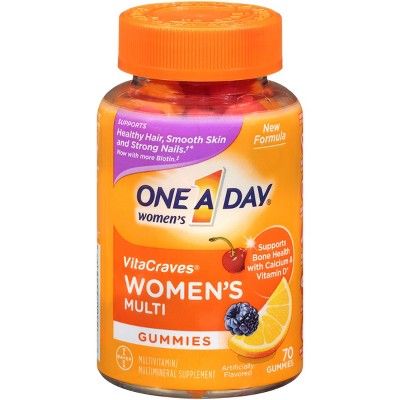 Micronutrients have a powerful effect on the body and have many health benefits. For lots of people experiencing depression or other mental health disorders, there are several natural supplements for mental health which could be helpful when combined with the right medication and psychotherapy.
Micronutrients have a powerful effect on the body and have many health benefits. For lots of people experiencing depression or other mental health disorders, there are several natural supplements for mental health which could be helpful when combined with the right medication and psychotherapy.
The Best Vitamins for Mental Health
Depression is a mood disorder affecting over 17 million people in the U.S. today, and that number only reflects the reported cases. There are far more people experiencing depression who don’t seek treatment. Depression is typically treated with medications and psychotherapy. However, some lifestyle changes can help treat and prevent depression as well, including the regular consumption of certain vitamins, minerals, and herbs. Some common vitamins known for improving mental health and supporting brain function are:
B Vitamins
B vitamins are some of the best vitamins for mental health. B vitamins are known for their mood-altering properties.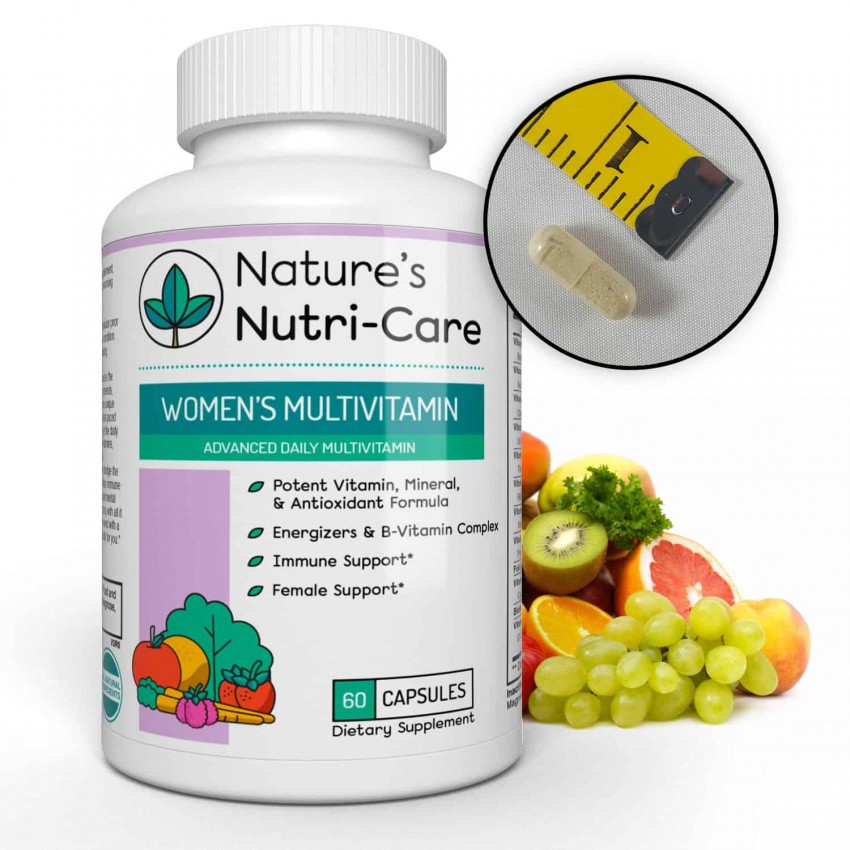 They can help fight fatigue, improve your memory, and allow you to function all-around with more clarity. Deficiencies in B vitamins, including Thiamine (B1), Riboflavin (B2), and B12, can lead to depression, anxiety, fearfulness, and irritability.
They can help fight fatigue, improve your memory, and allow you to function all-around with more clarity. Deficiencies in B vitamins, including Thiamine (B1), Riboflavin (B2), and B12, can lead to depression, anxiety, fearfulness, and irritability.
B12 and folate (B9) are important vitamins for maintaining a healthy nervous system. Vitamin B12 and folate are needed for producing norepinephrine, serotonin, and dopamine. Norepinephrine and serotonin are neurotransmitters in the brain which influence mental behavioral patterns and moods. Dopamine is another type of neurotransmitter that contributes to feelings of pleasure, motivation, achievement, and stimulates your natural reward center. Low levels of either of these chemicals can lead to depressive symptoms.
Eating a diet of vitamin B-rich foods, as well as taking daily supplements could improve mental health, may help improve mood, and reduce depression and anxiety in many individuals. Foods like fish, lean pork or beef, poultry, eggs, whole-grains, nuts, and milk are high in B vitamins.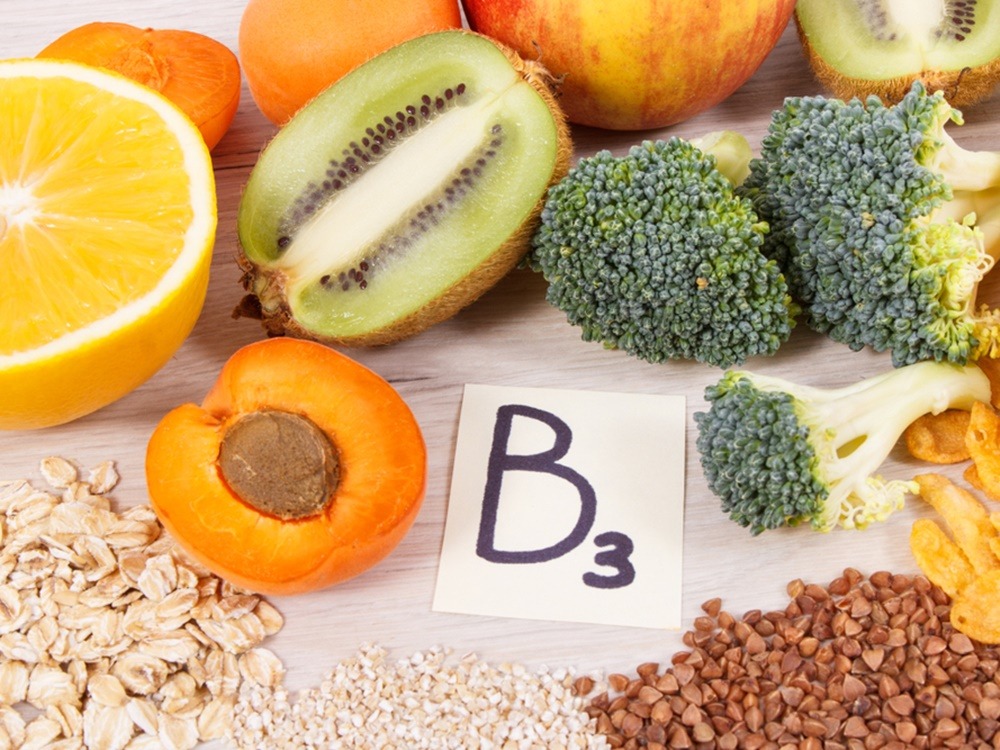
Vitamin C
Vitamin C might just be the most “mainstream” or well-known of all vitamins. Many people are aware of vitamin C and its immune-boosting properties. Even those of us least familiar with the different vitamins and their uses are likely to take a vitamin C tablet or drink a glass or two of orange juice when we feel cold or flu symptoms coming on.
What fewer people know is that vitamin C also plays an important role in mental health. While the link between vitamin C and mood might be surprising, many people who are deficient in vitamin C experience depression and chronic fatigue. Conversely, even people with normal vitamin C levels in their system found that taking additional vitamin C improved their mood and cognitive function. Some research has also shown that vitamin C can help lower anxiety symptoms.
Taking vitamin C supplements and eating plenty of fruits and vegetables high in vitamin C, like citrus fruits and red peppers, can have an impact on mood, energy levels, and anxiety.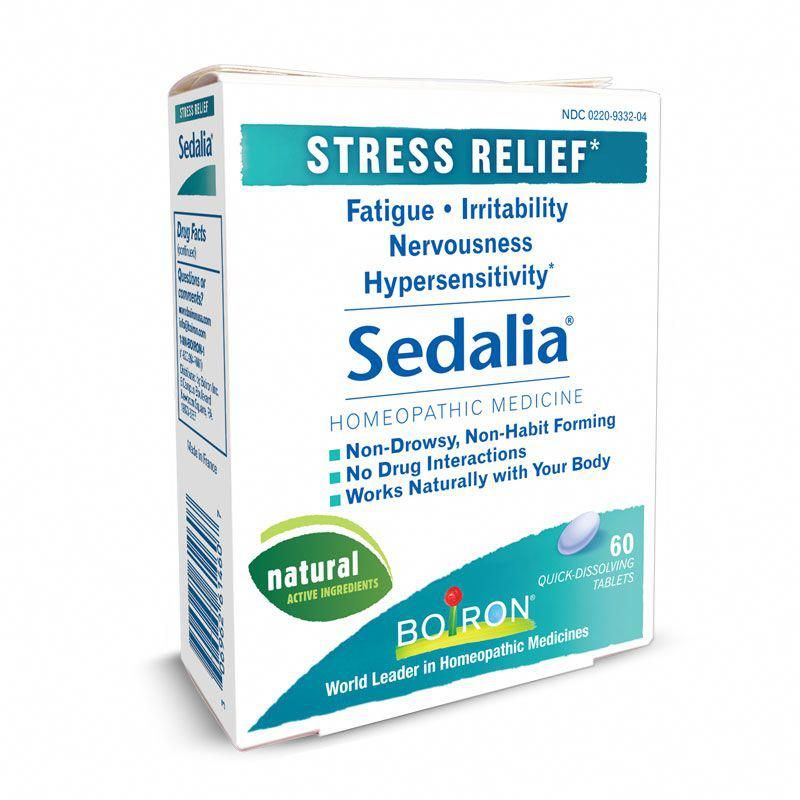 However, if you are taking oral vitamin C supplements, make sure to stay within the 2,000 milligrams recommended daily amount.
However, if you are taking oral vitamin C supplements, make sure to stay within the 2,000 milligrams recommended daily amount.
Vitamin D
Vitamin D is another great natural supplement for mental health. Vitamin D contributes to healthy brain function, among other health benefits. Studies have shown that when tested, many people experiencing depression are also experiencing lower-than-normal vitamin D levels. On the other hand, people with low levels of vitamin D in their system are more likely to experience bouts of depression, anxiety, and other mental conditions than other people with normal levels of vitamin D.
Sunlight is the primary source of vitamin D for most people. People living in warm, sunny places are less likely to have vitamin D deficiencies. Conversely, people living in more northern climates, where the sun is scarce for months at a time, are more likely to be vitamin D deficient due to low sun exposure. Vitamin D deficiency is common amongst people who are suffering from seasonal affective disorder (SAD). If you experience more depressive symptoms during low sunlight months, vitamin D supplements could be especially beneficial.
If you experience more depressive symptoms during low sunlight months, vitamin D supplements could be especially beneficial.
Zinc
Micronutrient and mineral deficiencies are a huge problem worldwide and can lead to numerous health conditions, including depression. Zinc is a mineral found throughout the human body, as well as in other animals. Meat, poultry, legumes, dairy, and whole grains all have relatively high levels of zinc.
Zinc is an essential trace element related to many biological and biochemical functions, including the immune system and metabolism, as well as brain growth and development. Research has shown that low zinc levels can lead to reduced brain function and other behavioral disturbances. Taking zinc supplements can be effective in reducing depressive symptoms, especially in women. Some studies have shown that when combined with the proper medication, zinc has positive effects in treating ADHD. Zinc is especially effective in treating mental health conditions and depression when combined with magnesium.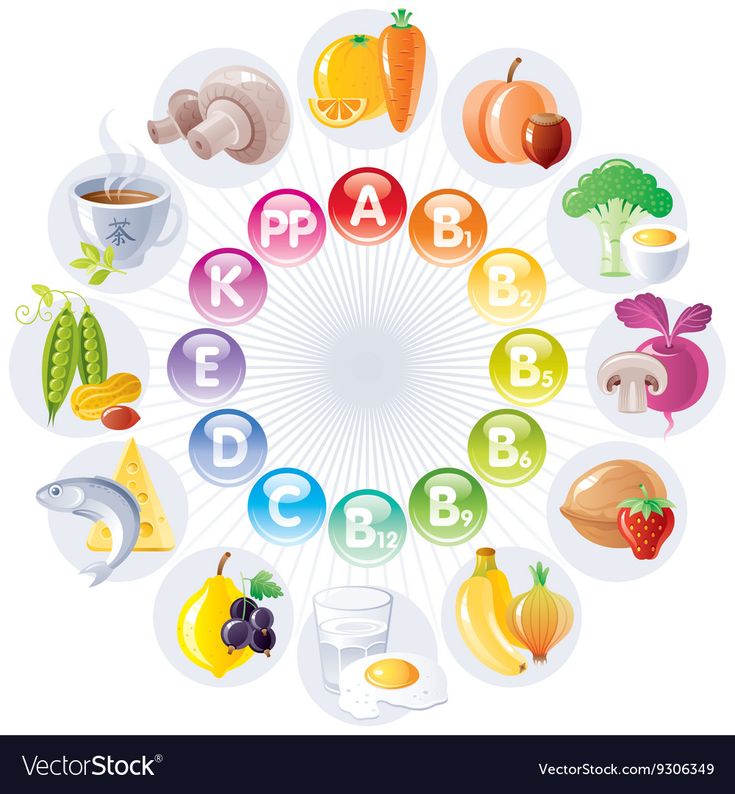
Magnesium
Magnesium is another important mineral found in the human body which is critical in regulating and calming the nervous system. Increased magnesium intake can reduce depression, premenstrual syndrome in women, and hypertension in children with ADHD.
Several studies have shown that low magnesium levels are linked to depression. While more research is needed before we can understand exactly how and why magnesium affects mental health, one possible reason is that magnesium regulates gut microbes, which are linked to the hippocampus. Taking magnesium supplements can help regulate unhealthy gut microbes which contribute to depressive symptoms.
Omega-3 Fatty Acids
Omega-3 fatty acids are found in most fish and some marine algae. However, they are most prevalent in oily fish like salmon, herring, and sardines. Scientists started researching the effects of omega-3 fatty acids on mood disorders when they discovered that depression is less common in nations that traditionally eat a diet rich in fish. Fatty acids can easily travel through cell membranes where they can interact with molecules responsible for regulating mood. They also improve cell membrane fluidity and influence neurotransmitter function, all of which contribute to an improved mental state.
Fatty acids can easily travel through cell membranes where they can interact with molecules responsible for regulating mood. They also improve cell membrane fluidity and influence neurotransmitter function, all of which contribute to an improved mental state.
Saffron
Saffron is a brightly colored, fragrant spice commonly used in Middle Eastern and Indian cuisine. It is made from the dried petals of a flower called the Saffron Crocus. Saffron has been shown to boost levels of the mood-enhancing neurotransmitter, serotonin. Supplementing with saffron can significantly reduce symptoms of depression by increasing serotonin levels. However, more research is needed to understand the full scope of saffron’s ability to treat mental health conditions.
Holistic Mental Health Care at Sage Neuroscience Center
At Sage Neuroscience Center, we understand that mental health is different for everyone. Each individual is unique and deserves custom treatment. Having knowledge and access to a variety of treatment options is crucial, and so is educating yourself about the various lifestyle changes that might positively affect your mental health.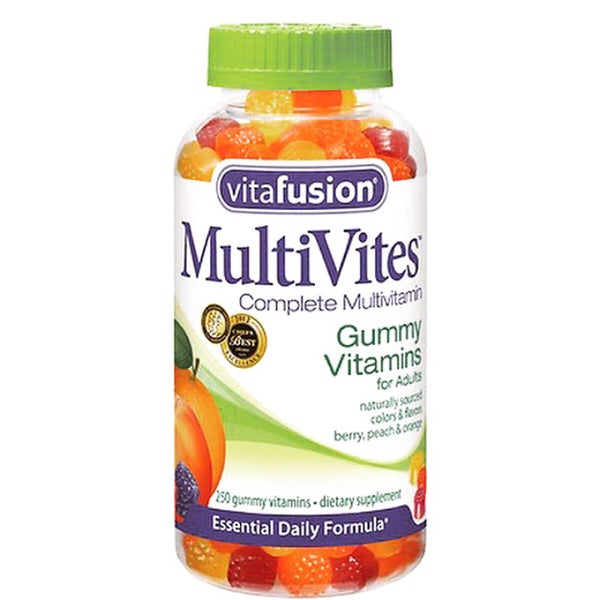 To learn more about how vitamins and other natural supplements help improve mental health, contact the team here at Sage Neuroscience Center.
To learn more about how vitamins and other natural supplements help improve mental health, contact the team here at Sage Neuroscience Center.
*Editor’s Note: This post was originally published Published on: Feb 4, 2014 and has been updated Mar 11, 2021
Bryan Krumm, CNP
Psychiatric Nurse Practitioner
Bryan Krumm is a Mental Health Nurse Practitioner whose goal is to provide evidence-based treatment, according to the best standards of practice, utilizing the most current research to maximize therapeutic outcomes and incorporating the patient as an active part of their care. Bryan is particularly interested in PTSD and medical cannabis. Outside of work, Bryan is into music, politics, and philosophy.
Read Bryan Krumm’s Full Bio | Browse All Articles Written by Bryan Krumm
8 Must-Have Mood-Support Supplements | Amy Myers MD
Science BasedAmy Myers, M.D. is a functional medicine physician, trained and certified by The Institute of Functional Medicine.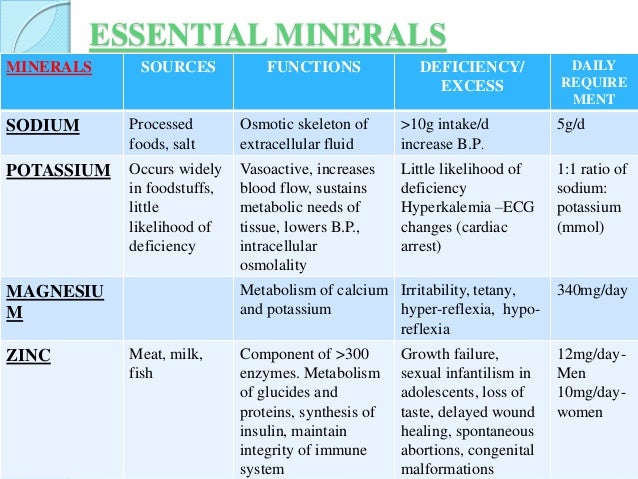 Dr. Myers earned her Doctor of Medicine (M.D.) at the LSU Health Science Center, and completed her Emergency Medicine residency at the University of Maryland Medical Center.
Dr. Myers earned her Doctor of Medicine (M.D.) at the LSU Health Science Center, and completed her Emergency Medicine residency at the University of Maryland Medical Center.
Dr. Myers retired from her functional medicine clinic, Austin UltraHealth, where she served thousands of patients, to empower those who were failed by conventional medicine. She’s a 2x New York Times bestselling author, and the founder and CEO of the health & lifestyle e-commerce brand, Amy Myers MD®.
Everyone gets the blues or feels anxious sometimes. These are very reasonable reactions to the ups and downs of our lives. However, if you are living with mood imbalances as your near-constant companion, you’ll want to take action. These imbalances can interfere with your daily routine, relationships, and energy levels. They can take a heavy toll on your sleep, appetite, and even your immune system.
Getting to the root of your mood issues is the first step toward feeling better. If you already eat an optimal diet, get plenty of exercise, and are still struggling with low mood, there are a number of supplements that can help support your mood naturally.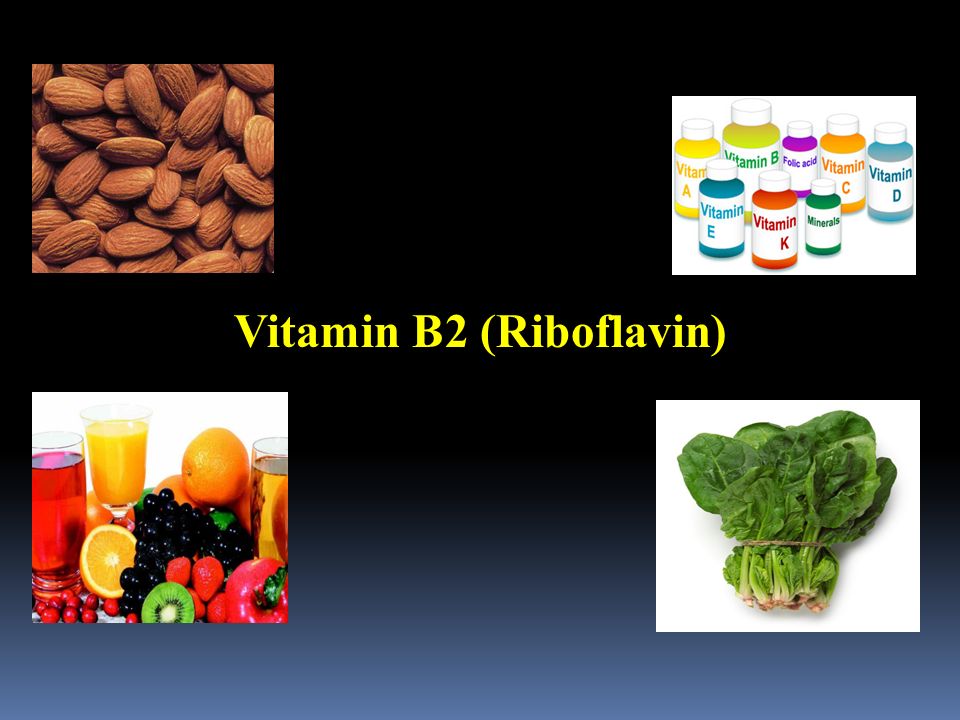
In this article, I’ll cover what mood is and where it comes from (hint: your gut plays a HUGE role). Then, I’ll share eight must-have supplements you can use to support your mood and start feeling your best again!
Mood vs. Emotion: What’s the Difference?
The Gut-Mood Connection
Your Body’s Chemicals and Hormones
The Great 8 Mood Support Supplements
Article Sources
6 Free eBook
Mood vs. Emotion: What’s the Difference?
Mood vs. Emotion: What's The Difference? – Infographic – Amy Myers MD® Dr. Amy Myers April 15th, 2019 https://www.amymyersmd.com/article/mood-support-supplements/Mood vs. Emotion: What’s The Difference? – Infographic – Amy Myers MD®
While emotions tend to be short-lived and related to a specific situation or interaction, mood is a state of mind you experience day to day. It is often unconnected to what’s going on around you. Even if you’re at a fun event surrounded by family and friends, you can still feel down if you struggle with mood issues.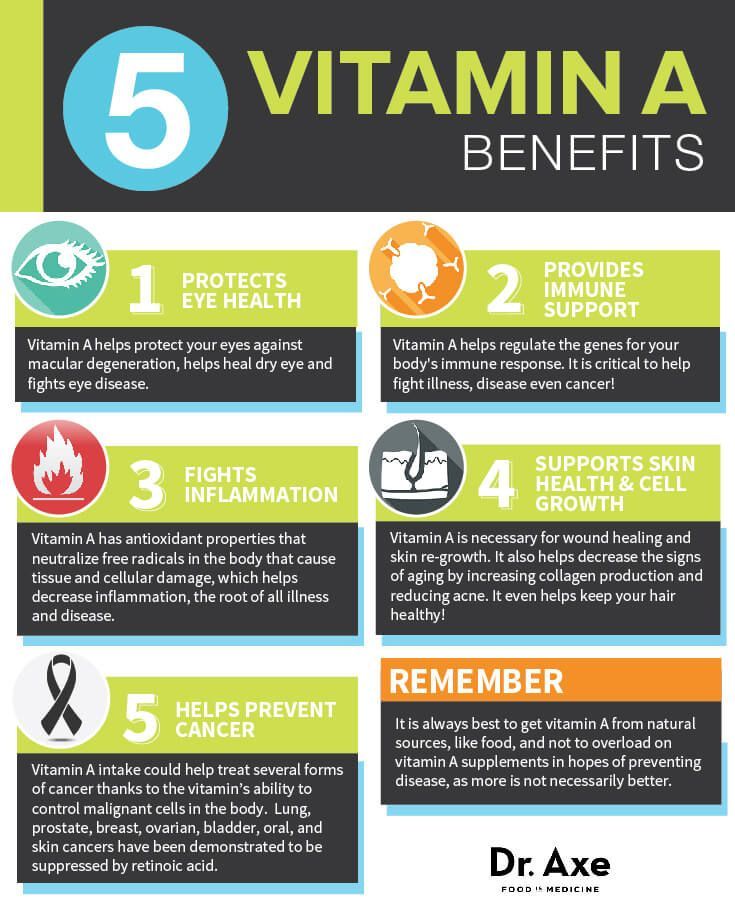
The way you feel can even impact those around you. A good mood is “catching” but so is a bad one. In what is known as “interpersonal limbic regulation”, your mood affects the hormones, cardiovascular function, sleep rhythm, and immune function of those around you. So while it’s primarily important to address mood issues for your own well-being, it’s also crucial to regulate your mood for the health of your loved ones.
The Gut-Mood Connection
You know the expression about having “a gut feeling”? There is something to it. In fact, your gut makes 90-95% of your serotonin, the neurotransmitter responsible for regulating mood.1 Serotonin deficiency can cause depression, anxiety, and other mood imbalances, which is why repairing your gut can go a long way toward improving your mood. There are two gut issues I think of immediately when someone is struggling with a low mood.
Candida Overgrowth
Candida is a fungus, or yeast, that normally resides in your gut in small amounts.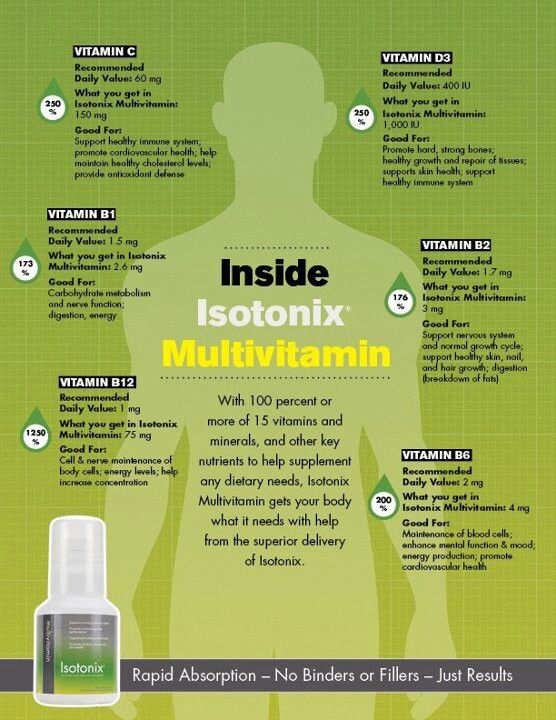 If your gut microbiome becomes unbalanced, Candida is able to multiply unchecked. This can happen when you take antibiotics that kill off your good bacteria, or birth control pills. A diet high in refined carbohydrates, drinking too much alcohol, and chronic stress can also lead to Candida.
If your gut microbiome becomes unbalanced, Candida is able to multiply unchecked. This can happen when you take antibiotics that kill off your good bacteria, or birth control pills. A diet high in refined carbohydrates, drinking too much alcohol, and chronic stress can also lead to Candida.
When Candida overgrows, it coats the lining of your intestinal tract and interferes with your ability to produce serotonin. If not addressed, Candida can also break down the wall of your intestine—causing leaky gut—and penetrate your bloodstream, releasing toxic chemicals into your body. These toxins can lead to a whole host of symptoms that affect your mood, including irritability, brain fog, fatigue, and lack of focus. I recommend my Candida Breakthrough® Program as the best way to tackle Candida.
Small Intestinal Bacterial Overgrowth
SIBO, or small intestinal bacterial overgrowth, occurs when certain conditions allow the bacteria from your large intestine and colon to overgrow into your small intestine.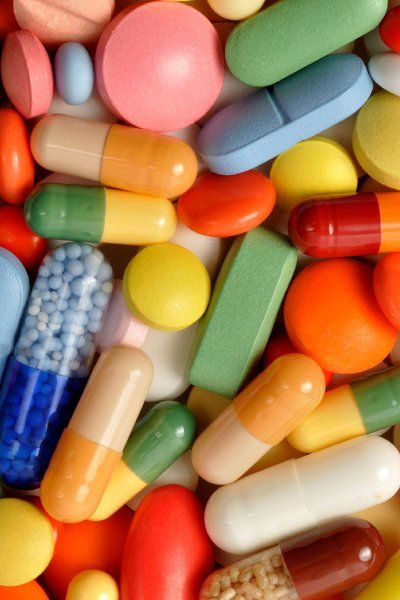 These conditions include a high-carb diet, nerve or muscle damage in your stomach, dysmotility, and taking certain medications. Overgrown bacteria can interfere with nutrient absorption, especially vitamin B12. This critical vitamin, as well as the other B vitamins, plays a significant role in the production of brain chemicals that regulate mood.
These conditions include a high-carb diet, nerve or muscle damage in your stomach, dysmotility, and taking certain medications. Overgrown bacteria can interfere with nutrient absorption, especially vitamin B12. This critical vitamin, as well as the other B vitamins, plays a significant role in the production of brain chemicals that regulate mood.
SIBO may also disrupt your mood simply because of the altered composition of your gut flora. The bacteria in your gut produce neurochemicals that are transmitted to your brain in what is known as the “gut-brain axis”. Studies show that changing the type of bacteria in your gut has a direct impact on your mood, personality, and behavior.2My SIBO Breakthrough® Program can help you overcome SIBO.
Your Body’s Chemicals and Hormones
There are a number of brain chemicals and hormones that work together to regulate mood. Understanding these chemicals can help you further understand how your body and brain create mood.
Serotonin: I’ve already mentioned serotonin, which is mainly found in your gut and is sometimes called the “happiness hormone. ”3 Made from the amino acid tryptophan, serotonin is essential for stabilizing mood, and also helps regulate sleep, digestion, and even sexual function.4
”3 Made from the amino acid tryptophan, serotonin is essential for stabilizing mood, and also helps regulate sleep, digestion, and even sexual function.4
Thyroid Hormones: Your thyroid produces hormones that play a role in nearly every bodily function, including your metabolism, weight, energy levels, and mood.5 If you have thyroid dysfunction such as Hashimoto’s or hypothyroidism, you are not making sufficient thyroid hormones, leaving you more susceptible to mood imbalances.6
Dopamine: Dopamine is another neurotransmitter that controls your mood. The reward system in your brain releases “feel-good” chemicals such as dopamine to signal pleasure in response to a stimulus. The downside of dopamine is that certain substances such as drugs, alcohol, and sugar can hijack your reward system. When this happens, you need more and more of that substance to generate the same release of dopamine. This can ultimately lead to addiction.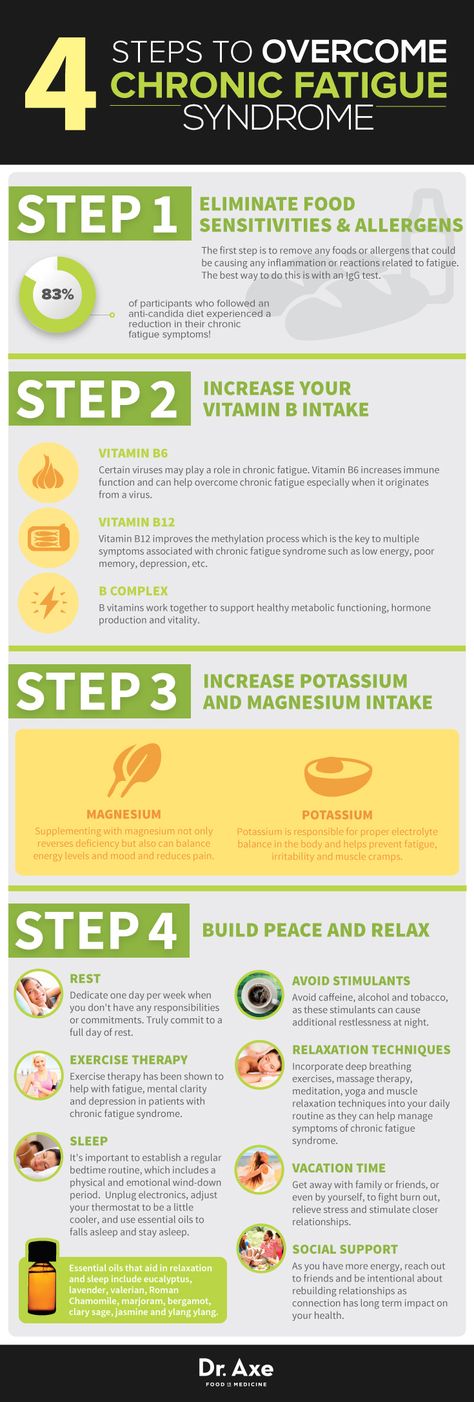 7
7
Glutamate: Glutamate is involved in nearly every brain function, including memory, cognition, and learning.8 As the most excitatory neurotransmitter in the brain, glutamate has been implicated in a number of mood disorders. Both excessively high and low levels of glutamate have been linked to various mood imbalances.9
Norepinephrine: Along with the “stress hormones” adrenaline and cortisol, norepinephrine gets released during stressful situations. It has been shown to serve a key role in your alertness, arousal, concentration, and mood.
The Great 8 Mood Support Supplements
Prescription antidepressants may raise levels of both norepinephrine and serotonin. However, they also come with a long list of nasty side effects such as weight gain, constipation, and dry mouth. Turning to natural supplements to support mood may be a better option for many. As always, speak with your doctor before making any changes to your medications or supplement regimen.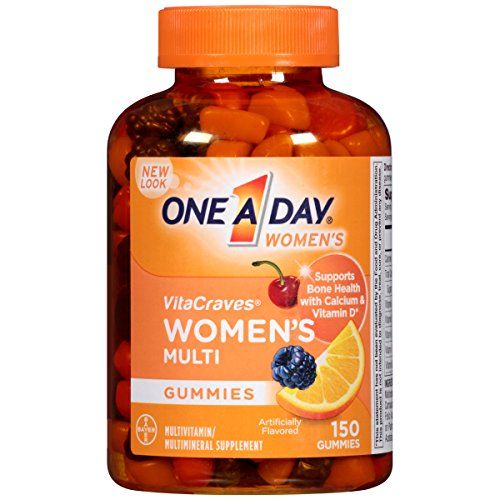
- Rest and Restore™
My new Rest and Restore™ supplement contains an amino acid known as gamma-aminobutyric acid (GABA). It’s one of your brain’s chief neurotransmitters. GABA inhibits the activity of neurons in the central nervous system. It has also been shown to increase alpha waves and decrease beta-waves, and create a profound sense of physical relaxation. - SAMe (S-Adenosyl-L-Methionine)
S-Adenosyl-L-Methionine (SAMe) is a chemical naturally produced in your body. It is made from the amino acid methionine, which is found primarily in animal protein such as beef, lamb, turkey, and salmon.10,11 SAMe can support hormonal balance as well as an appropriate inflammatory response. - Omega-3s
Omega-3 fatty acids are found in abundance in wild-caught salmon and other fatty fish. Studies have shown that two types of Omega-3 fatty acids, EPA and DHA, are able to cross the blood-brain barrier and modulate neurotransmitters while supporting an appropriate inflammatory response.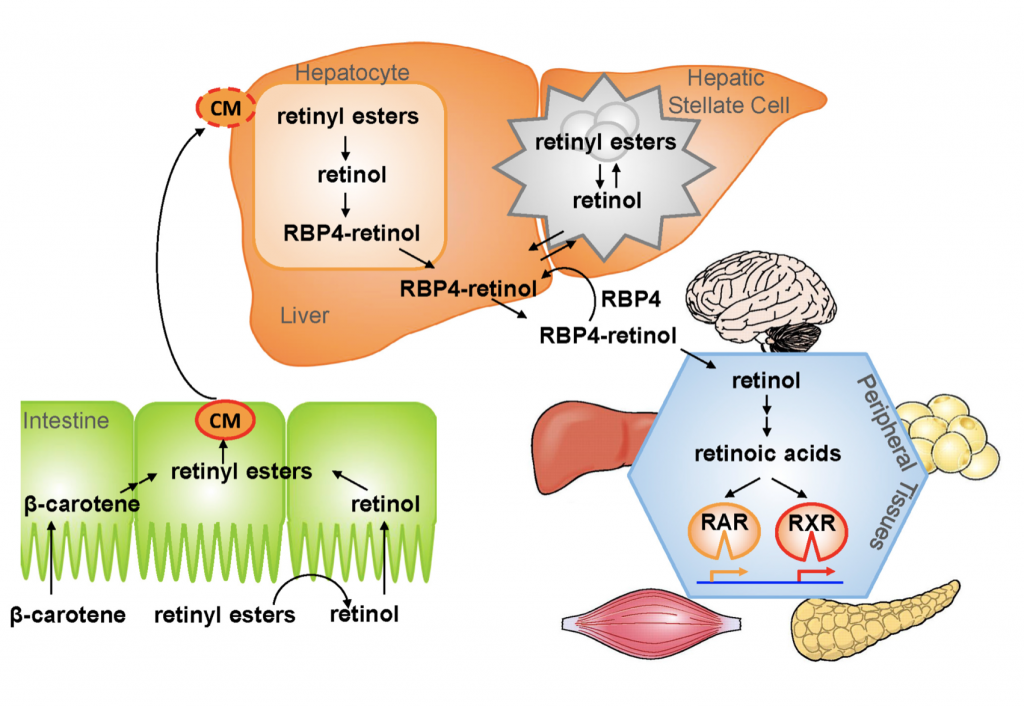 12
12 - B Vitamins
As I mentioned, B vitamins serve an important part in the production of mood-boosting brain chemicals, including dopamine. These vitamins, particularly B12 and folate, have been shown to help maintain a positive mood.13 - Vitamin D
Vitamin D, the “sunshine vitamin”, is actually a hormone that helps activate the genes necessary to release neurotransmitters such as serotonin and dopamine. Unfortunately, although we can get vitamin D for free from sunlight, vitamin D deficiency is widespread because we spend too much time indoors. In fact, over a billion people worldwide are lacking in this vitamin.14 Along with getting outside as much as possible, supplementing with vitamin D can support your mood and well-being year-round.15 - Magnesium
Nearly half of all Americans are deficient in the essential mineral magnesium.16 Research shows that magnesium supports a balanced stress response.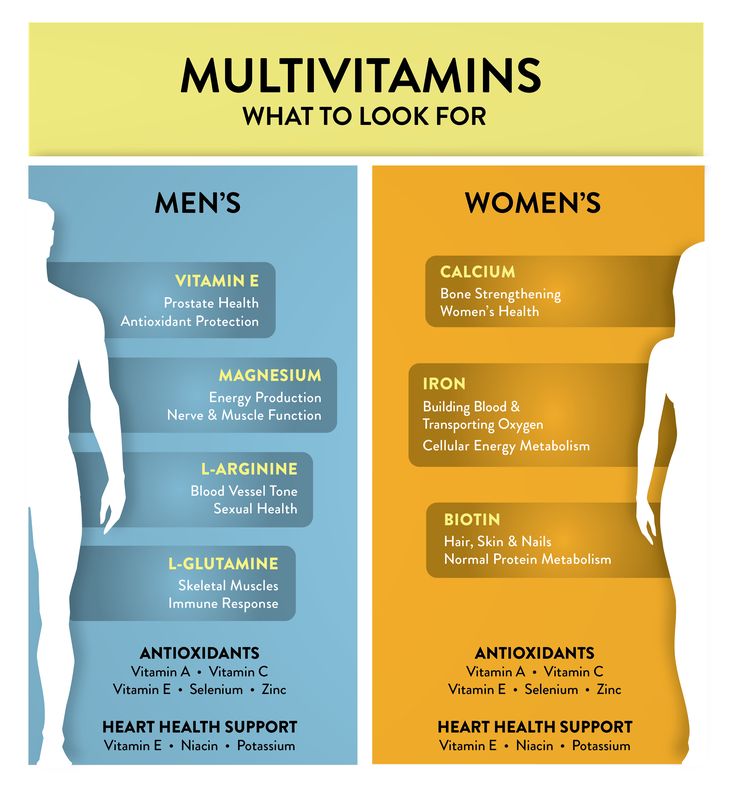 17 My NeuroCalm Mag Powder contains the ideal form of magnesium, the only type proven to cross the blood-brain barrier. NeuroCalm Mag naturally increases levels of GABA in your brain to support a relaxed mood and restorative sleep.
17 My NeuroCalm Mag Powder contains the ideal form of magnesium, the only type proven to cross the blood-brain barrier. NeuroCalm Mag naturally increases levels of GABA in your brain to support a relaxed mood and restorative sleep. - Adrenal Support
Most of us live high-stress lifestyles that can cause all sorts of emotional ups and downs. Stress not only impacts your day-to-day mood; it also contributes to leaky gut. To help promote a more balanced physical and emotional stress response, I recommend Adrenal Support. Adrenal Support contains a mix of B vitamins and adaptogenic herbs. Adaptogenic herbs actually help support a balanced and healthy response to stress, and a balanced and normal stress hormone and cortisol production. Adaptogens also help modulate cellular sensitivity to stress hormones, thereby encouraging a more robust and healthy response to stress overall. - Estroprotect
When your reproductive hormones are out of whack, you can experience a range of mood-related symptoms including anxiety, depression, and irritability. EstroProtect supports a healthy balance of estrogen, which can help alleviate symptoms of PMS and mitigate estrogen dominance.
EstroProtect supports a healthy balance of estrogen, which can help alleviate symptoms of PMS and mitigate estrogen dominance.
Mood is more than psychological; it affects your entire body and well-being. Regardless of what is at the root of your mood imbalances, there are natural ways you can overcome them. These 8 supplements are a great place to start. Peace of mind and a positive outlook can be yours once again! Just remember to always consult with your doctor before adding supplements to your regimen, especially if you are currently taking any medications. I wish you all the best in your journey to optimal health!
Article Sources
- https://www.apa.org/monitor/2012/09/gut-feeling.
- https://www.npr.org/sections/health-shots/2013/11/18/244526773/gut-bacteria-might-guide-the-workings-of-our-minds.
- https://atlasbiomed.com/blog/serotonin-and-other-happy-molecules-made-by-gut-bacteria/.
- https://www.
 healthline.com/health/mental-health/serotonin#functions.
healthline.com/health/mental-health/serotonin#functions. - https://www.webmd.com/depression/guide/depression-the-thyroid-and-hormones#1.
- https://bmcpsychiatry.biomedcentral.com/articles/10.1186/1471-244X-4-25.
- https://www.npr.org/sections/thesalt/2014/01/15/262741403/why-sugar-makes-us-feel-so-good.
- https://neurohacker.com/what-is-glutamate.
- https://www.ncbi.nlm.nih.gov/pmc/articles/PMC3000412/.
- https://nccih.nih.gov/health/supplements/SAMe.
- https://www.myfooddata.com/articles/high-methionine-foods.php.
- https://www.health.harvard.edu/blog/omega-3-fatty-acids-for-mood-disorders-2018080314414.
- https://www.psychologytoday.com/us/articles/200401/vitamins-get-your-bs.
- https://www.ncbi.nlm.nih.gov/pmc/articles/PMC3068797/.
- https://www.ncbi.nlm.nih.gov/pmc/articles/PMC2908269/.

- https://www.washingtonpost.com/national/health-science/magnesium-is-essential-to-your-health-but-many-people-dont-get-enough-of-it/2017/06/09/77bc35b4-2515-11e7-bb9d-8cd6118e1409_story.html?noredirect=on&utm_term=.94f866b461b4.
- https://www.ncbi.nlm.nih.gov/pmc/articles/PMC5452159/.
rating of the top 10 good and inexpensive products according to KP
Our nervous system is a complex mechanism that regulates, integrates and stimulates almost all processes in the body. It performs a lot of important functions and at the same time is subjected to constant attacks from an aggressive external environment. Therefore, our task is to support the health of the nervous system with the help of vitamins, proper nutrition and lifestyle.
Top 10 good and inexpensive vitamins for the nervous system for adults according to KP
With the help of our experts, we have compiled the top 10 best vitamins for the nervous system. When preparing, we took into account the opinion of experts, customer reviews and product ratings on popular trading platforms. Places in the rating are distributed randomly and do not say anything about the effectiveness of the drug.
When preparing, we took into account the opinion of experts, customer reviews and product ratings on popular trading platforms. Places in the rating are distributed randomly and do not say anything about the effectiveness of the drug.
1. Neurobion
Neurobion. Photo: market.yandex.ruThe drug contains essential vitamins B1, B6 and B12, which are needed to regulate metabolic processes in the central and peripheral nervous system 1 . The combined use of B vitamins increases their effectiveness. The drug compensates for the deficiency of vitamins in the body, reduces pain and speeds up recovery in people with neurological diseases: neuritis, neuralgia, radicular syndrome on the background of osteochondrosis 1 .
2. Complivit Antistress
Complivit Antistress. Photo: market.yandex.ru In addition to 10 vitamins and 4 minerals, this dietary supplement contains motherwort extract and ginkgo biloba extract - components that improve memory and attention, reduce anxiety and irritability 2 .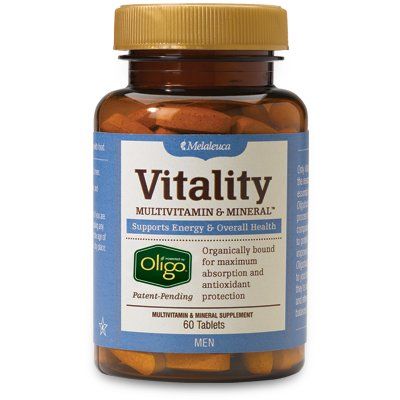 "Calm complex" - magnesium, motherwort extract and B vitamins - increases the natural resistance of the nervous system to psycho-emotional stress 2 . The bioadditive is recommended for use during periods of increased stress and with a lack of vitamins and minerals in the body 2 .
"Calm complex" - magnesium, motherwort extract and B vitamins - increases the natural resistance of the nervous system to psycho-emotional stress 2 . The bioadditive is recommended for use during periods of increased stress and with a lack of vitamins and minerals in the body 2 .
3. Vitrum Superstress Plus
Vitrum Superstress. Photo: market.yandex.ruBioadditive from an American manufacturer contains vitamins of group B, as well as vitamins E, C and PP, biotin and iron. The drug compensates for the deficiency of vitamins and minerals during periods of high physical, mental and emotional stress. The manufacturer promises that after 10 days of taking dietary supplements, sleep will normalize, increased irritability and chronic fatigue will pass. As a bonus, skin condition will improve, nails will become stronger, and hair will become shiny.
4. Berocca Plus
Berocca Plus. Photo: market.yandex.ru Dietary supplement contains B vitamins, ascorbic acid, magnesium, calcium and zinc.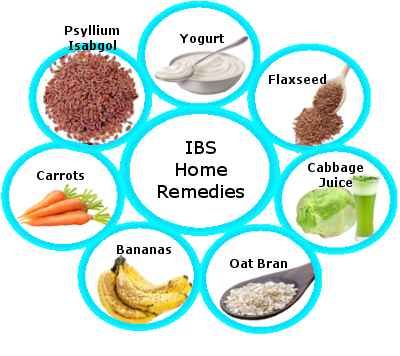 BAA normalizes metabolic processes, strengthens the immune system, improves the state of the central and peripheral nervous system. It is recommended to take a bioadditive for beriberi, diseases of the central nervous system, endocrine disorders, during periods of mental and emotional stress.
BAA normalizes metabolic processes, strengthens the immune system, improves the state of the central and peripheral nervous system. It is recommended to take a bioadditive for beriberi, diseases of the central nervous system, endocrine disorders, during periods of mental and emotional stress.
5. Milgamma Composite
Milgamma. Photo: market.yandex.ruThe two active components of the drug are pyridoxine (vitamin B6) and benfotiamine (a fat-soluble derivative of vitamin B1) 3 . Working together, vitamins B1 and B6 have an anti-inflammatory and analgesic effect, help restore normal functions of the nervous system 3 . Milgamma Compositum is recommended for night cramps, neuritis, neuralgia, paresis and other inflammatory and degenerative diseases of the nerves and the musculoskeletal system 3 .
6. Magne B6
Magne B6. Photo: market.yandex.ru The dietary supplement contains vitamin B6 (pyridoxine) and magnesium, a vital macronutrient involved in the transmission of nerve impulses and muscle contraction 4 .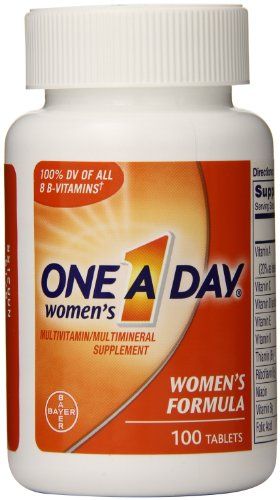 Vitamin B6 is essential for the normal functioning of the nervous system 4 . Magne B6 helps to cope with sleep disorders, heart palpitations, increased irritability and fatigue, muscle pain and cramps 4 .
Vitamin B6 is essential for the normal functioning of the nervous system 4 . Magne B6 helps to cope with sleep disorders, heart palpitations, increased irritability and fatigue, muscle pain and cramps 4 .
7. Antistress alphabet
Antistress alphabet. Photo: market.yandex.ruVitamin and mineral complex contains B vitamins, magnesium and valerian extract. Active components reduce the sensitivity of the nervous system to negative external influences, help reduce increased anxiety and irritability, and ease internal tension. Daily dose - 1 tablet of white, green and blue.
8. Vitatress
Vitatress. Photo: market.yandex.ru Russian manufacturer's vitamin and mineral complex contains B vitamins, ascorbic acid, vitamins A, E and PP, as well as potassium, calcium, copper, phosphorus, iron and glutamic acid 5 . The drug helps the body adapt to stressful situations and extreme external factors: a sharp change in climate, changes in atmospheric pressure 5 .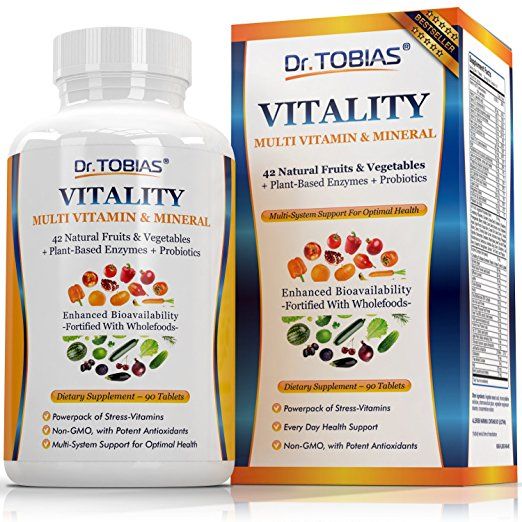 Vitatress increases physical endurance and stimulates the brain 5 .
Vitatress increases physical endurance and stimulates the brain 5 .
9. Magnesium Diasporal 300
Magnesium Diasporal. Photo: market.yandex.ruBAA is produced in the form of granules for oral solution preparation 6 . After dissolution, a bright yellow drink with an orange flavor is obtained. Each serving of the supplement contains 1.83 g of highly absorbable magnesium citrate combined with riboflavin 6 . The dietary supplement is recommended for magnesium deficiency symptoms: sleep disturbances, muscle pain, increased excitability or vice versa, constant fatigue and lethargy 6 .
10. Solgar B
SOLGAR B-Complex. Photo: market.yandex.ru The dietary supplement contains 8 vitamins and 2 vitamin-like substances in combination with ascorbic acid. A balanced formula helps to cope with the manifestations of stress: increased fatigue and irritability, memory impairment and attention. The drug helps to strengthen the immune system and, with regular use, improves the condition of the skin, hair and nails.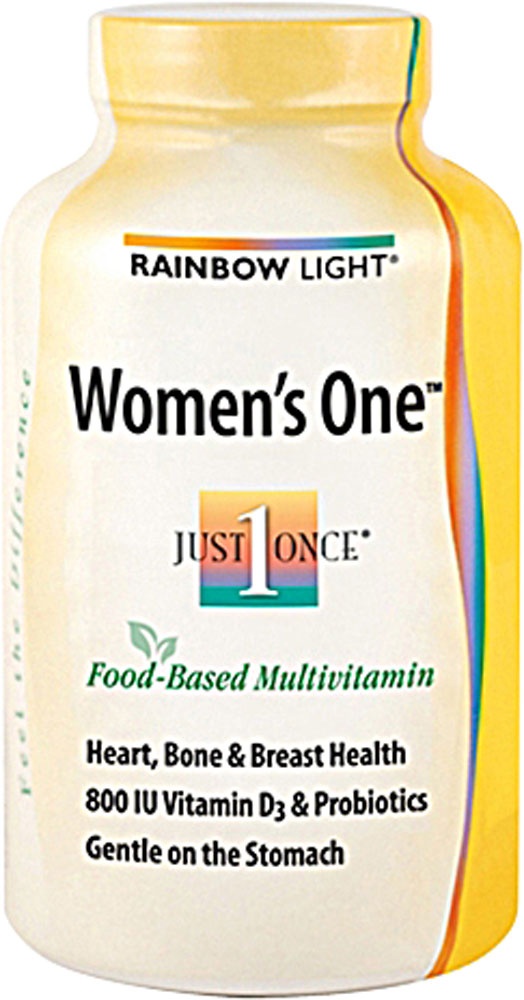
How to choose vitamins for the nervous system for adults
There are many dietary supplements and vitamin complexes, so it is not easy to find among them those that will fully satisfy the body's needs for nutrients. When choosing the best vitamins for the nervous system, adults should take into account such criteria as:
- general benefit - how useful the drug is not only for the nervous system, but also for the body as a whole;
- formula - composition, origin and form of components;
- additional ingredients - are there plant extracts, macro- and microelements, fillers, sweeteners in the composition;
- possible risks - do vitamins have side effects and what are they;
- efficiency - how quickly positive changes occur when taking vitamins;
- restrictions - what are the contraindications for admission;
- regimen - in what quantity and for how long you need to take the drug.
Many also pay attention to the country of manufacture, the manufacturer, the volume of packaging and the form of release of the drug. Some people find it difficult to swallow tablets, so they prefer soft gelatin capsules and solutions.
Some people find it difficult to swallow tablets, so they prefer soft gelatin capsules and solutions.
Reviews of doctors about vitamins for the nervous system for adults
Doctors often prescribe vitamin-mineral complexes to strengthen the nervous system, prevent and treat neurological diseases. At the same time, experts note that fatigue, irritability, sleep disturbances are not always associated with hypovitaminosis, but may be symptoms of the disease. In such cases, it is better to visit a doctor and undergo an examination.
Anxiety disorder
How to distinguish the disease from the norm
An anxiety disorder is a persistent and uncontrollable feeling of anxiety that lasts for more than 6 months without objective causes. Together with experts we will discuss what drugs are prescribed for anxiety disorder
More about the problemLearn about treatment
Popular questions and answers
We asked several questions about choosing and taking vitamins to our experts: sanitary doctor and nutrition expert Nikolai Dubinin and toxicologist, professor of the Russian Academy of Natural Sciences Mikhail Kutushov .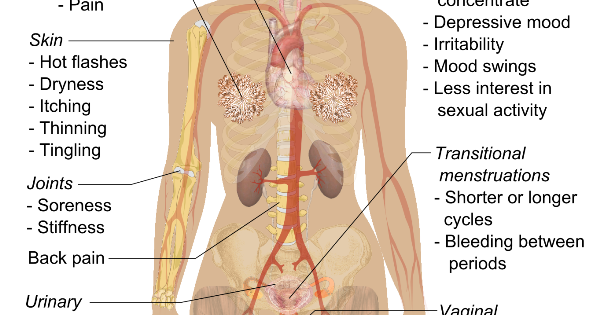
When should adults take vitamins for the nervous system?
— Generally speaking, taking vitamins to strengthen the nervous system will be useful:
• students and schoolchildren during periods of increased mental and emotional stress;
• professional athletes;
• people of intellectual work;
• patients with neuritis and neuralgia;
• people who smoke;
• those who have experienced severe emotional distress or are under stress;
• people who work in difficult conditions;
• Vegetarians and those on a strict diet;
• men and women over 45;
• people who are recovering from a severe, protracted illness, including coronavirus infection;
• patients in the rehabilitation period after a stroke.
Before taking vitamin complexes, it is necessary to consult a specialist. The doctor will select the drug taking into account the age, gender, health status and lifestyle of the person.
What components should be included in the best vitamins for the nervous system for adults?
— Scientists have long figured out which vitamins, minerals and other biologically active substances are needed for the health of the nervous system.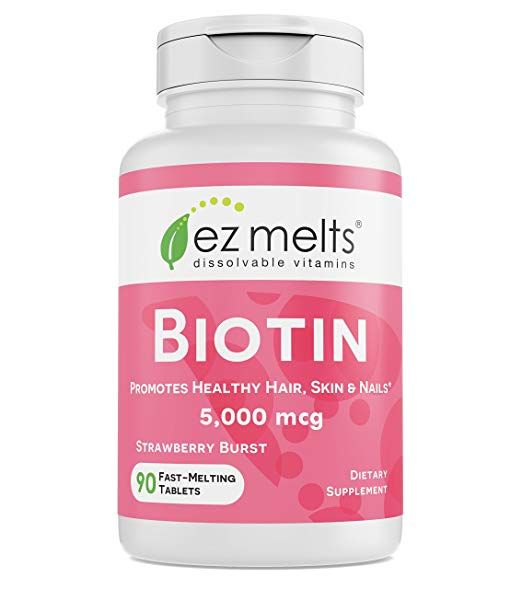 According to the generally accepted opinion, dietary supplements and vitamin-mineral complexes should contain:
According to the generally accepted opinion, dietary supplements and vitamin-mineral complexes should contain:
• B group vitamins (B1, B3, B4, B5, B6, B9, B12) - they regulate the work of blood vessels, the hormonal system, help restore energy balance;
• vitamin C - supports the functioning of the nervous system during strong mental stress and stress, prevents the destruction and loss of nerve cells, helps fight depression and seasonal blues;
• Omega-3 polyunsaturated fatty acids - they stimulate metabolic processes in neurons, promote the absorption of glucose by the brain;
• magnesium and calcium - improve the conductivity of the nervous tissue, help fight stress;
• Glucose fuels the brain and nervous system;
• vitamin A - improves the regeneration of nerve cells and helps protect neurons from destruction;
• lecithin - improves brain function.
Dietary supplements may also contain extracts of motherwort, valerian and ginkgo biloba. They have a calming and relaxing effect, improve brain function.
They have a calming and relaxing effect, improve brain function.
What foods are good for the nervous system?
— Nutrition directly affects the state of the nervous system. Therefore, the menu must include foods rich in B vitamins, polyunsaturated fatty acids, calcium, magnesium, vitamins E and C. To increase resistance to stress and reduce the risk of nervous disorders, you need to include in the diet:
• fish and seafood;
• Legumes;
• spinach;
• dairy and fermented milk products;
• chocolate containing at least 70% cocoa beans;
• egg;
• walnuts and almonds;
• offal - liver, tongue.
The normal functioning of the nervous system requires glucose. This does not mean that sugar should be eaten with spoons, but it is wrong to completely refuse it. The most useful sources of glucose are fruits and chocolate.
Sources:
- Vidal. Reference book of medicines.
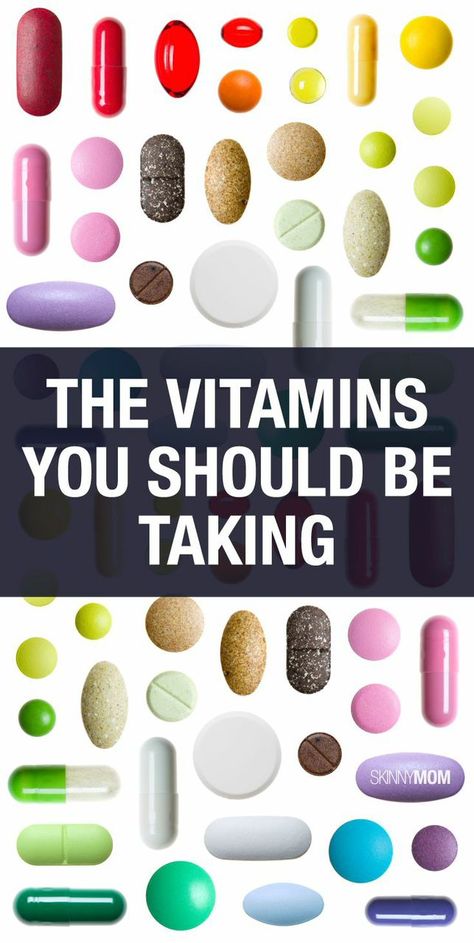 Neurobion. https://www.vidal.ru/drugs/neurobion__12630
Neurobion. https://www.vidal.ru/drugs/neurobion__12630 - Vidal. Reference book of medicines. Complivit Antistress https://www.vidal.ru/drugs/complivit_antistress__38413
- Register of medicines of Russia. Milgamma Compositum https://www.rlsnet.ru/tn_index_id_36338.htm
- Vidal. Reference book of medicines. Magne B6 https://www.vidal.ru/drugs/magne_b6__472
- Vidal. Reference book of medicines. Vitatress https://www.vidal.ru/drugs/vitatress__1697
- Vidal. Reference book of medicines. Magnesium Diasporal https://www.vidal.ru/drugs/magnesium-diasporal_300__29593
B vitamins to strengthen the nervous system
Why does the body need B vitamins?
Our central nervous system, and especially its leader, the brain, simply needs large enough amounts of energy to work productively. B vitamins are involved in the synthesis of energy for the central nervous system. They are also noticed in close ties with the circulatory and cardiovascular system, without them it also begins to “slow down”.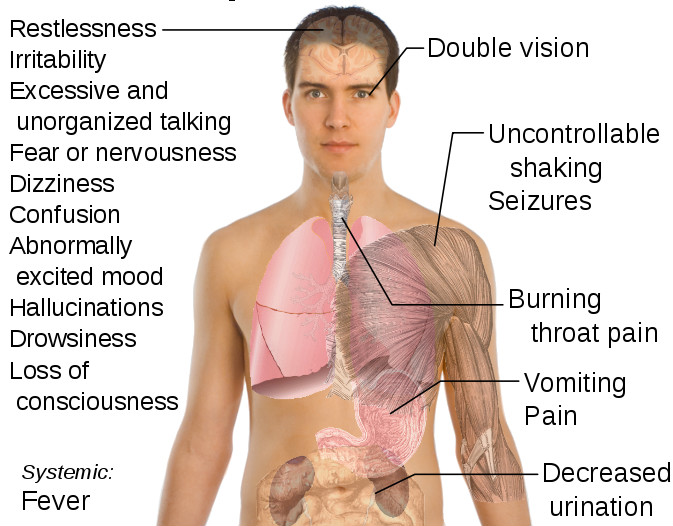 Of course, not all B vitamins immediately fulfill the designated roles, each vitamin has its own “role”, and we will also talk about this in detail.
Of course, not all B vitamins immediately fulfill the designated roles, each vitamin has its own “role”, and we will also talk about this in detail.
But how to understand that B vitamins are not enough? You may notice a lack of energy, irritability, a tendency to tantrums, a basic decrease in mood, and even suspect depression. If the cause is B deficiency, the symptoms are likely to be supplemented by insomnia and loss of "former beauty" (brittle hair and nails, deterioration of skin quality).
B vitamins
Consider the unique roles of the seven B vitamins:
B1 (thiamine)
It plays an important role in metabolism, helping to convert nutrients into energy, normalizes the state of the cardiovascular and endocrine systems. Necessary for the protection of the membranes of nerve cells, the transmission of nerve impulses and nutrition of the brain.
The most nutrient-rich food sources are pork, sunflower seeds, and wheat germ.
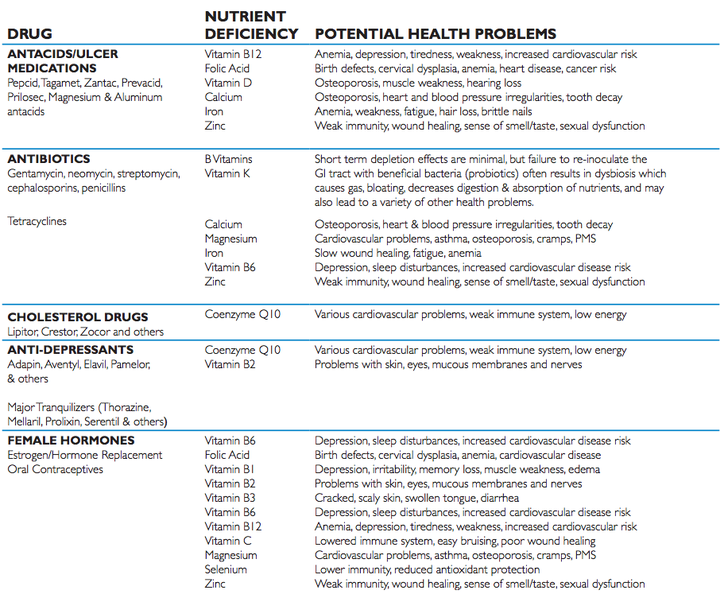
B2 (riboflavin)
Helps convert food into energy and also acts as an antioxidant. Increases the level of hemoglobin in the blood, stimulates hematopoiesis. Improves the general condition of the nervous system.
Foods with the highest riboflavin content: organ meats, beef and mushrooms.
B3 (niacin, vitamin PP)
It plays a role in the transmission of signals from cell to cell, normalizes inhibitory processes in the central nervous system, prevents the occurrence of neurosis and hysteria. Involved in the metabolism, production and repair of DNA. It is also critical for the metabolic processes in the heart muscle, good blood circulation and normal blood clotting.
Food Sources: Chicken, tuna, lentils.
B5 (pantothenic acid)
Like other B vitamins, pantothenic acid helps the body get energy from food, and is also involved in the production of hormones, cholesterol, and tissue regeneration.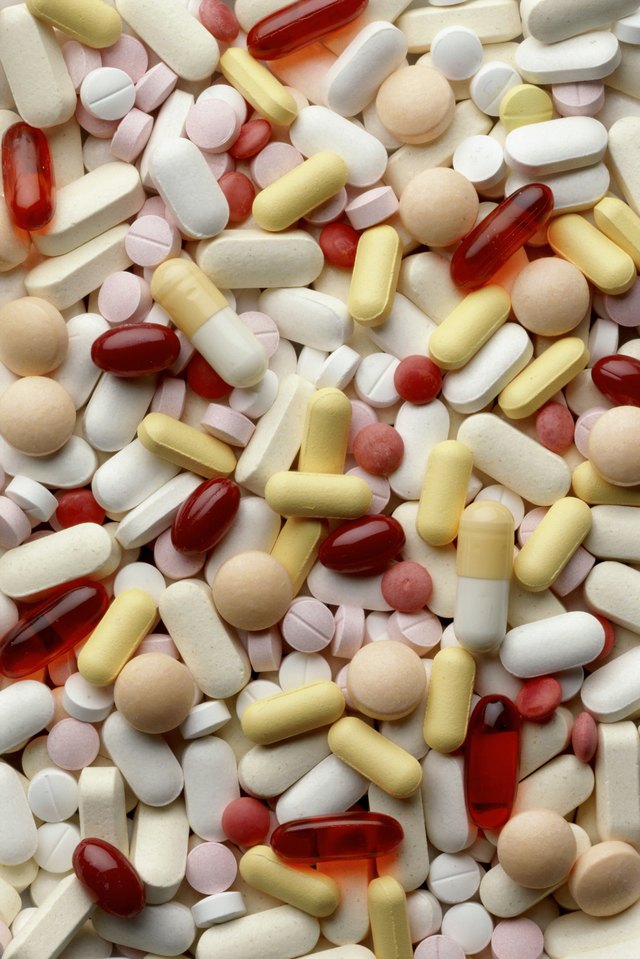 In the nervous system, it is responsible for "feelings", as it plays a role in the synthesis of acetylcholine, the most important substance for transmitting a nerve impulse to the central nervous system of the parasympathetic nervous system.
In the nervous system, it is responsible for "feelings", as it plays a role in the synthesis of acetylcholine, the most important substance for transmitting a nerve impulse to the central nervous system of the parasympathetic nervous system.
Liver, fish, yogurt and avocados are rich in pantothenic acid, but their heat treatment significantly reduces the dose.
B6 (pyridoxine)
Participates in the metabolism of amino acids, the production of red blood cells, has a beneficial effect on the state of blood vessels. In the nervous system, it plays a role in the creation of neurotransmitters (substances through which electrical impulses are transmitted in nerve cells). It is also responsible for the uptake of glucose by neurons and the absorption of magnesium, which ensures the transmission of nerve impulses. Pyridoxine also improves memory and mood, as it is involved in the synthesis of serotonin.
Foods with the highest content: chickpeas, salmon and potatoes.
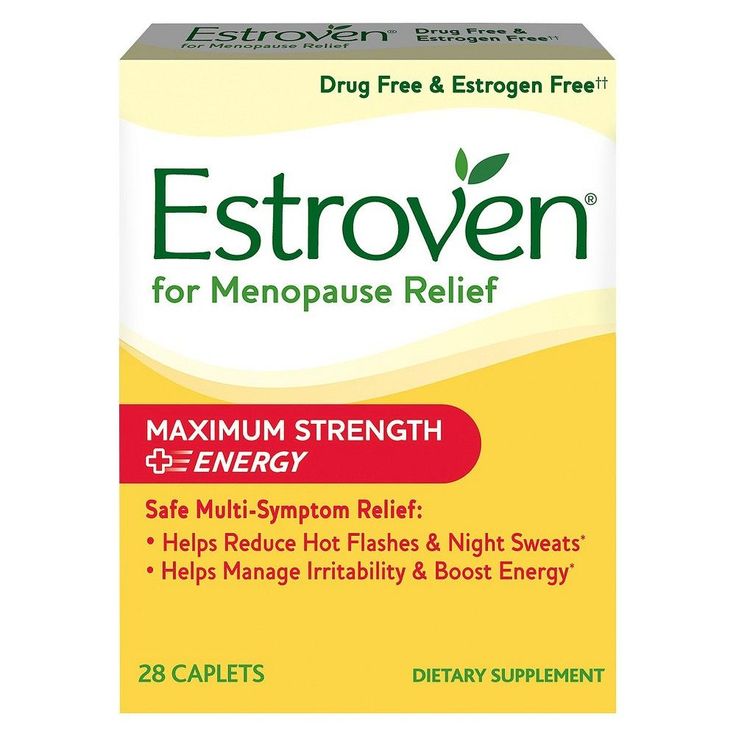
B9 (folic acid)
Necessary for cell growth and proper division, amino acid metabolism, formation of red and white blood cells, and prevention of anemia. In the nervous system, it is responsible for the synthesis of glycine, which has anti-stress and nootropic effects, and regulates inhibition processes.
Can be obtained from leafy greens, liver and legumes.
B12 (cobalamin)
Perhaps the best known of all the B vitamins, it is vital for neurological function. Affects the formation of a sheath of nerve fibers (myelin), which protects nerve cells from destruction and strengthens the nervous system. Involved in the production of DNA and red blood cells. Improves muscle function, including the heart.
Found in food of animal origin: meat, eggs, seafood and dairy products.
Finally
An additional intake of B vitamins is necessary if you:
- are on a special diet that restricts the listed foods;
- are in an interesting position or plan to become a mother;
- are genetically predisposed to deficiency of the listed substances;
- you find yourself with the signs of deficiency that we mentioned above.
